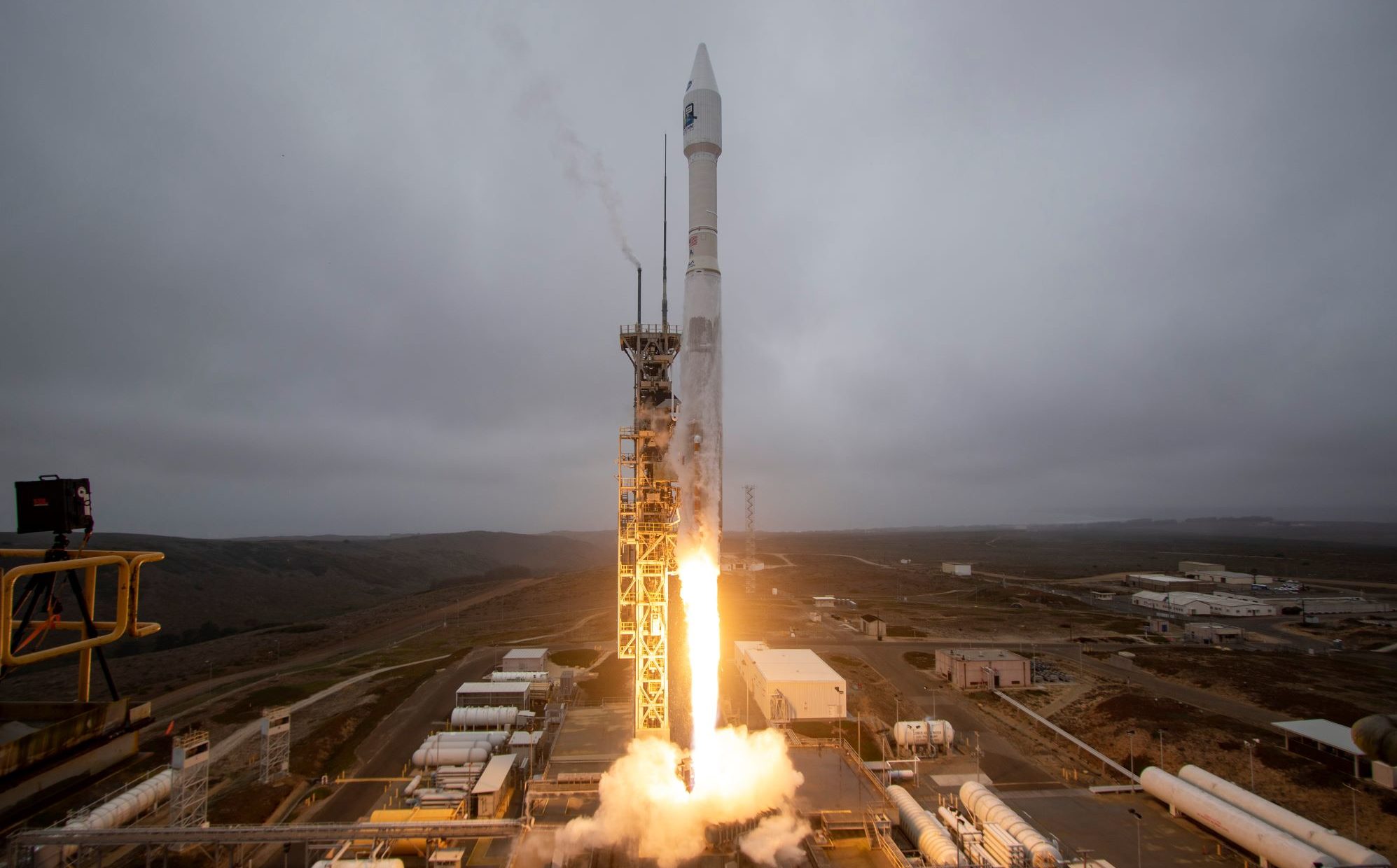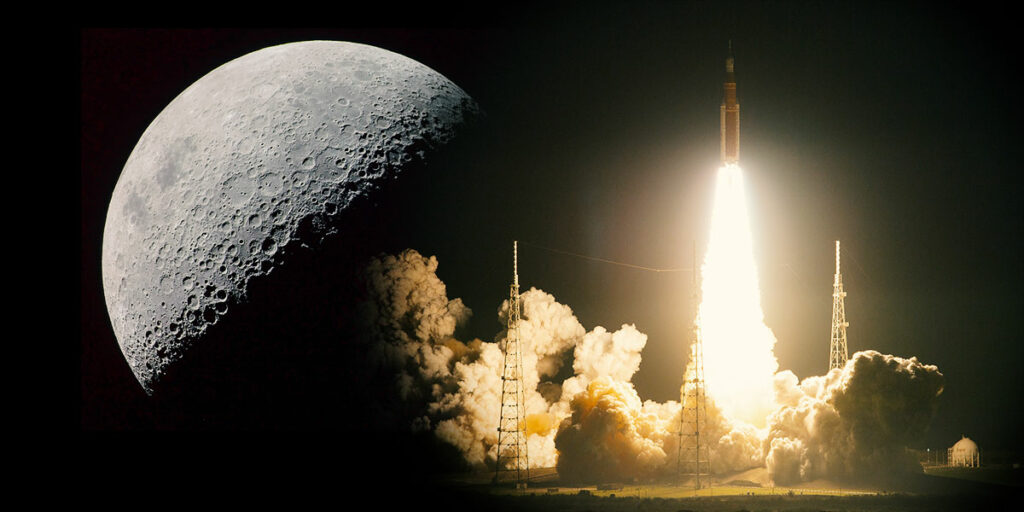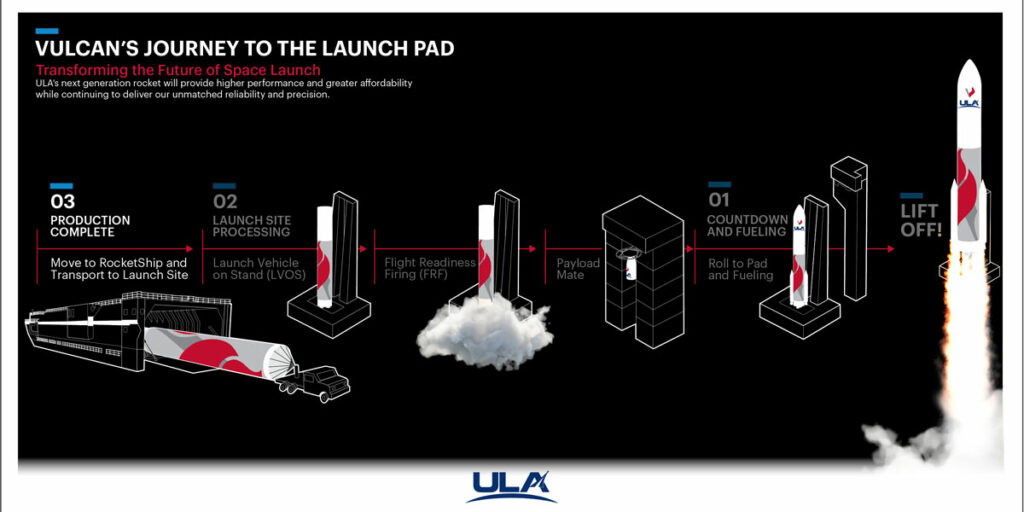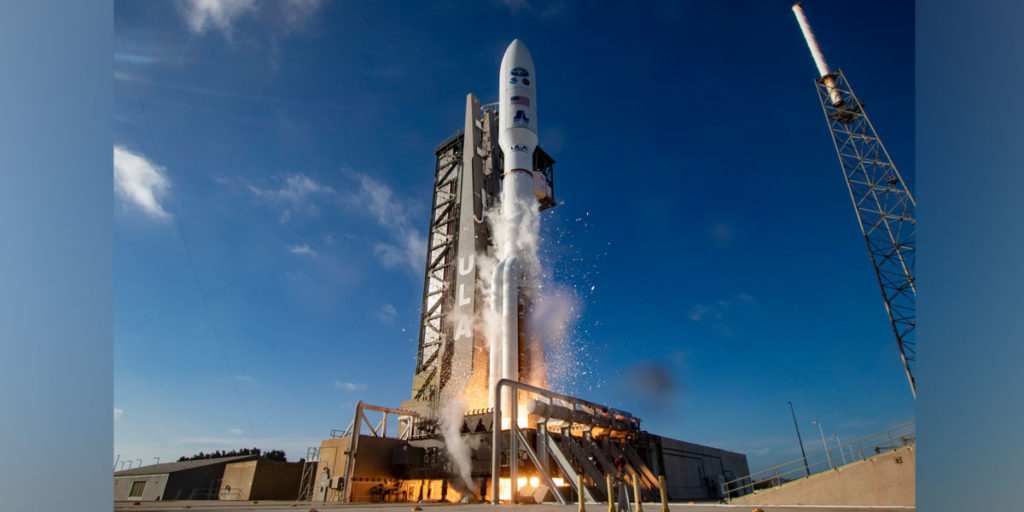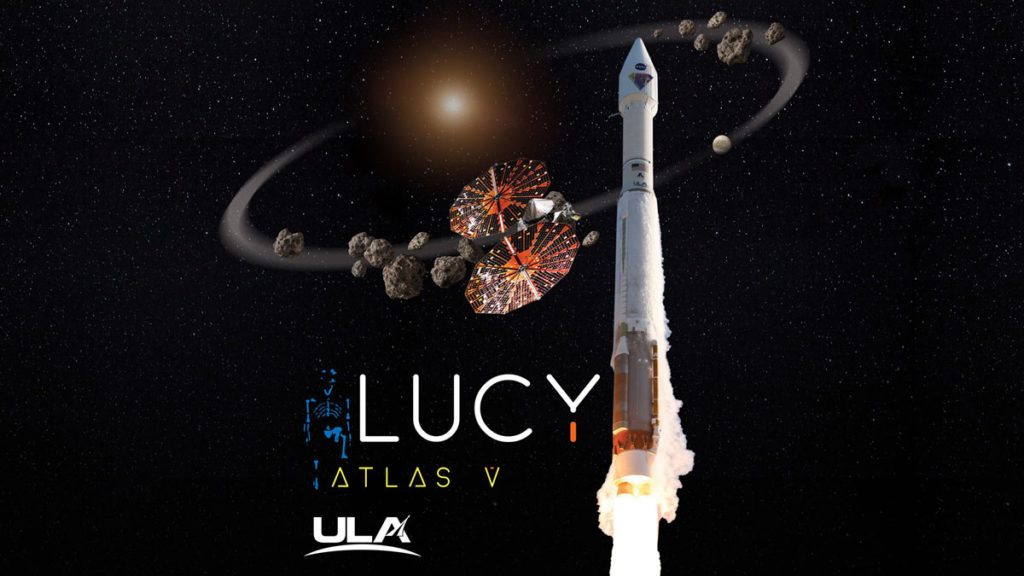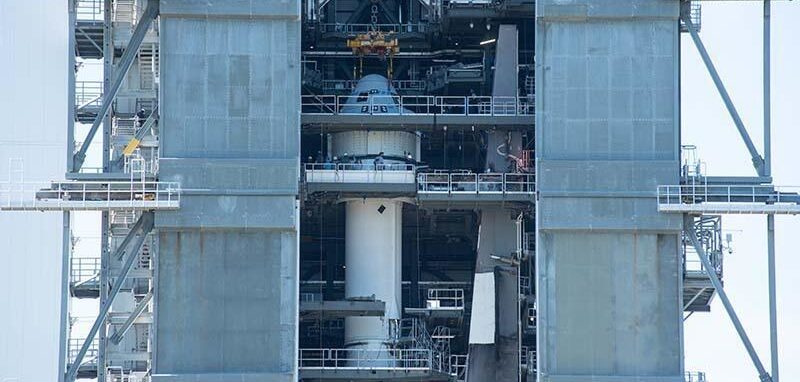United Launch Alliance (ULA) successfully launched NASA’s latest Landsat mission on Monday.
The Alabama-built Atlas V powered NASA’s Landsat 9 into orbit after taking off at 11:12 a.m. local time from Vandenberg Space Force Base in California.
Landsat 9 is a joint mission of NASA and the U.S. Geological Survey (USGS). Landsat satellites have provided NASA and the USGS with a detailed record of Earth’s landscape since Landsat 1 reached orbit in 1972.
Gary Wentz, vice president of Government and Commercial Programs for ULA, highlighted his company’s partnership with the various agencies involved in the launch.
“Thank you to our mission partners for the tremendous teamwork as we worked through a challenging health environment to launch this significant capability that will continue to enable future discoveries about our planet,” he said in a post-launch statement. “We are proud to empower critical Earth science research through our long-standing NASA partnership.”
Landsat 9 will join Landsat 8 in orbit to collect essential science-quality data on forests, farms, cities and freshwater regions. The two satellites will capture images of Earth every eight days. Landsat is the only U.S. system which observes the globe at a moderate scale to show both natural and human-induced change.
Built at ULA’s 1.6 million square foot facility in Decatur, the Atlas V left the launch pad exerting 860,000 pounds of thrust.
ULA and its heritage launch vehicles have powered every Landsat mission to date. Six of those Landsat launches were by Delta rockets from Vandenberg between 1972 and 1999.
The Atlas V stood 194 feet at launch, with Aerojet Rocketdyne providing the RL 10C-1 engine for the Centaur upper stage.
In addition to Landsat 9, this mission includes the ESPA Flight System which will deploy multiple CubeSats after Landsat 9 separation. A CubeSat is a miniaturized satellite used for space research.
The CubeSat deployments are a demonstration by the U.S. Space Force of its ability to deliver secondary payloads on missions to orbit.
There are four CubeSat payloads launched today that are sponsored by the Defense Innovation Unit, Air Force Research Laboratory, Missile Defense Agency and NASA.
This was the 88th launch of ULA’s Atlas V rocket and 20th mission launched on an Atlas V in partnership with NASA’s Launch Services Program.
To date, ULA has launched 145 times with 100% mission success, an accomplishment ULA president and CEO Tory Bruno celebrated on social media in his typically low-key manner.
145
— Tory Bruno (@torybruno) September 27, 2021
Tim Howe is an owner of Yellowhammer Multimedia




